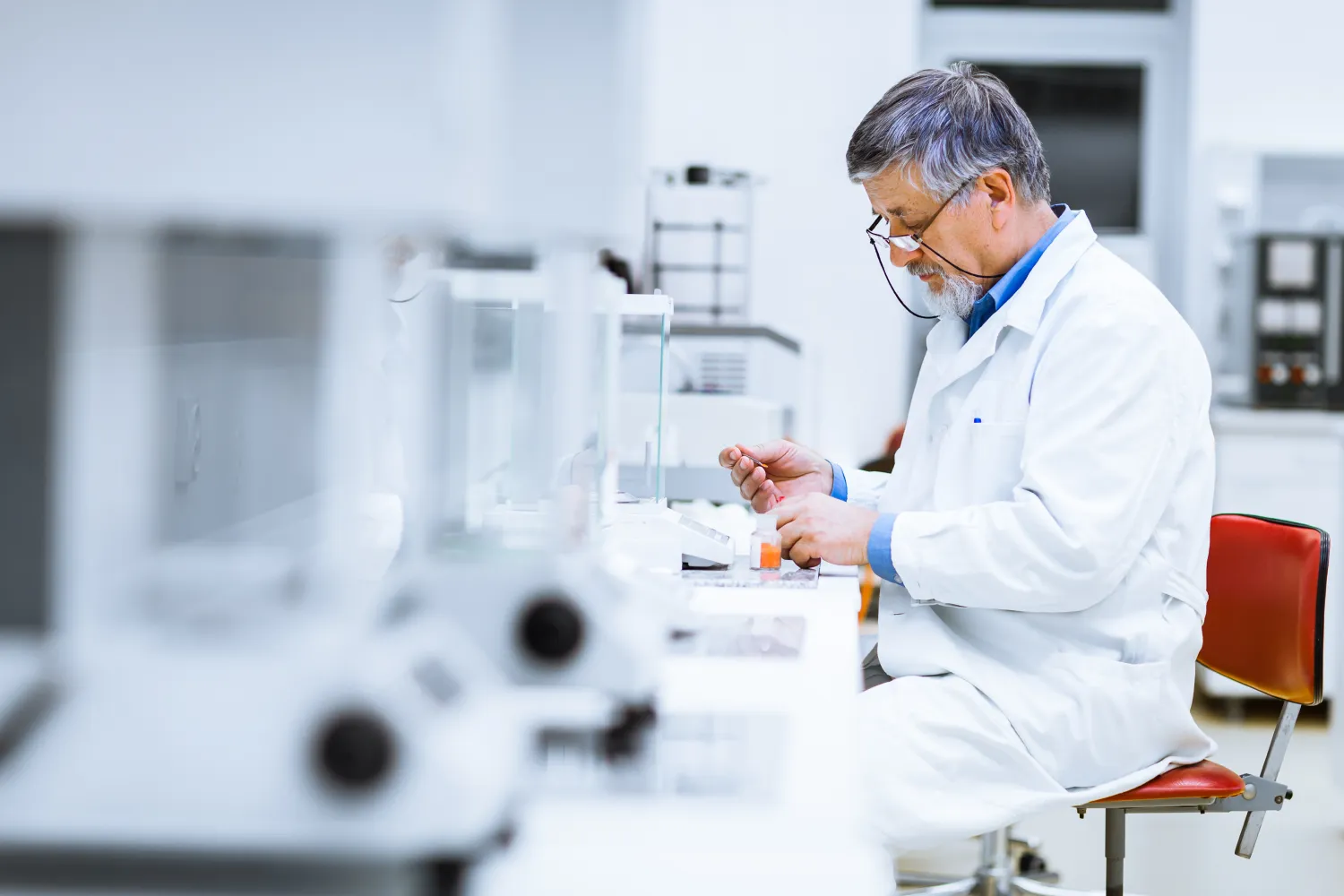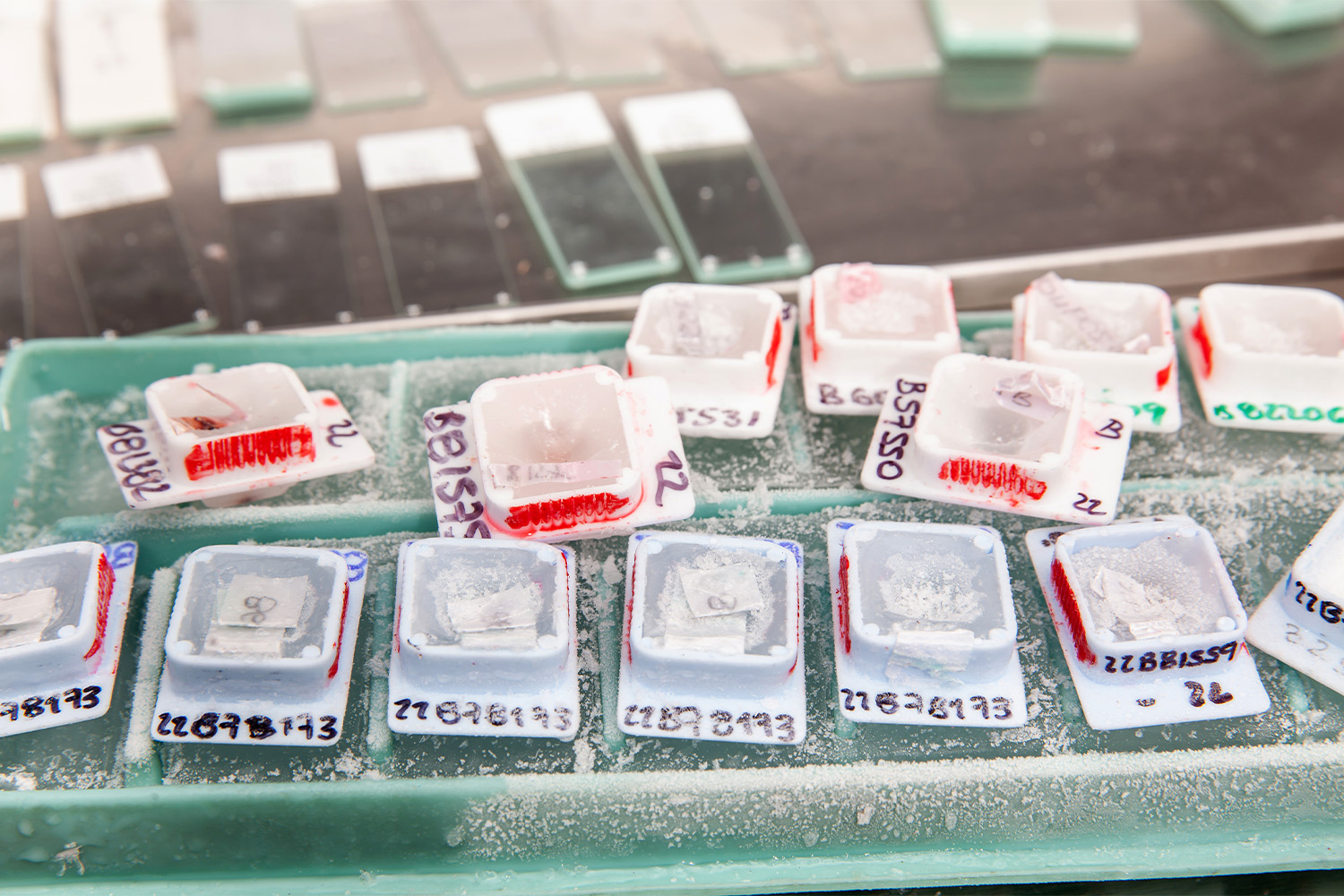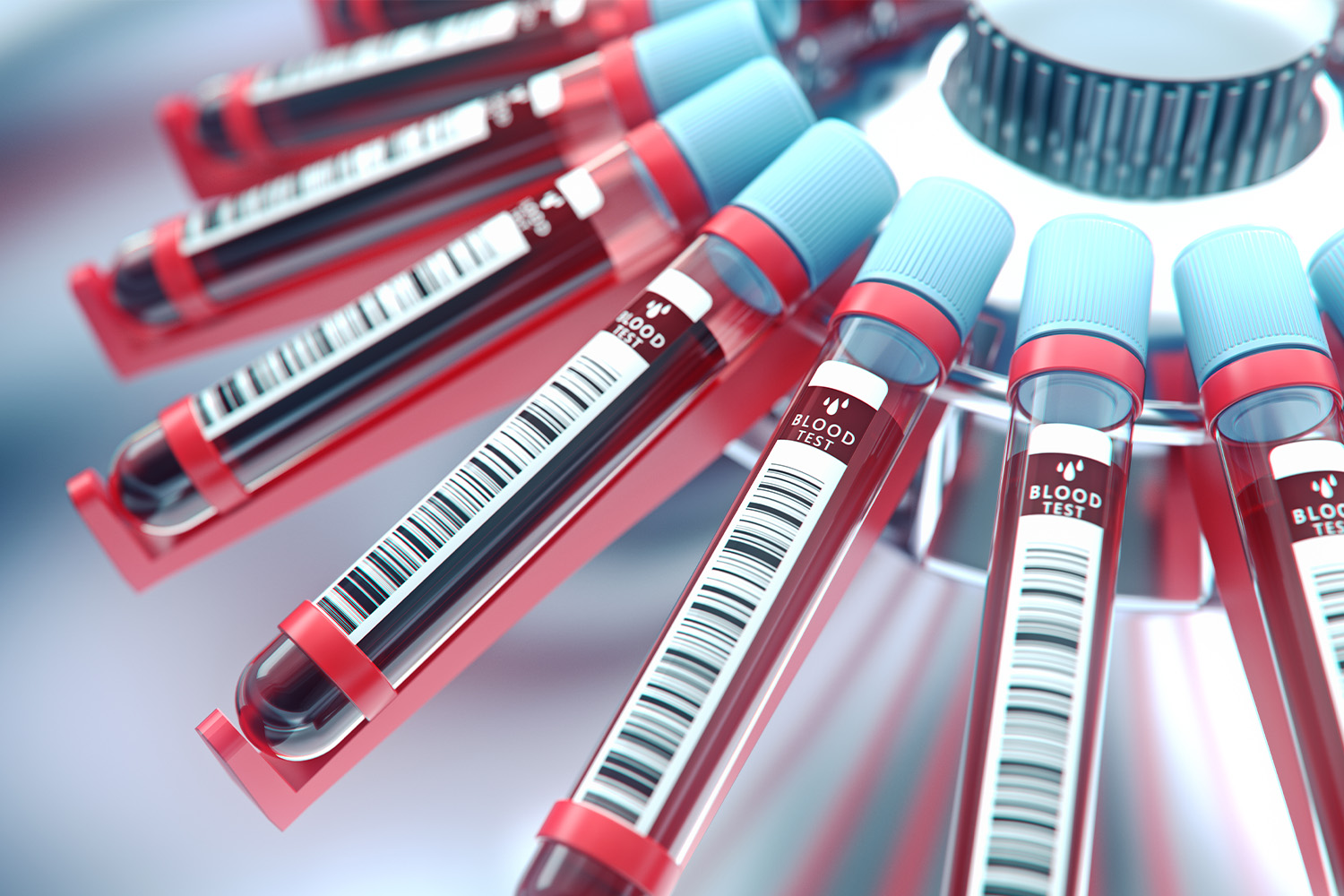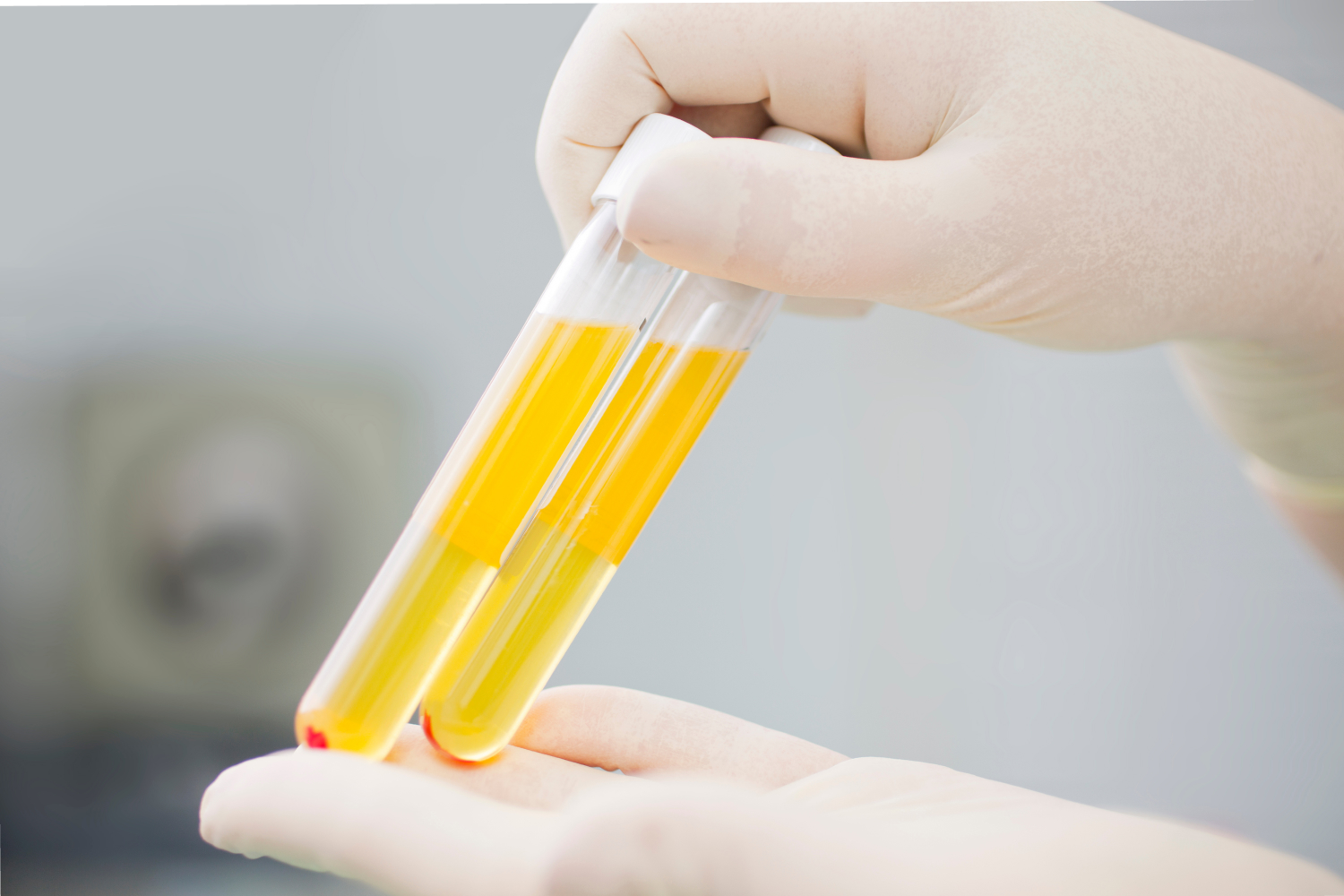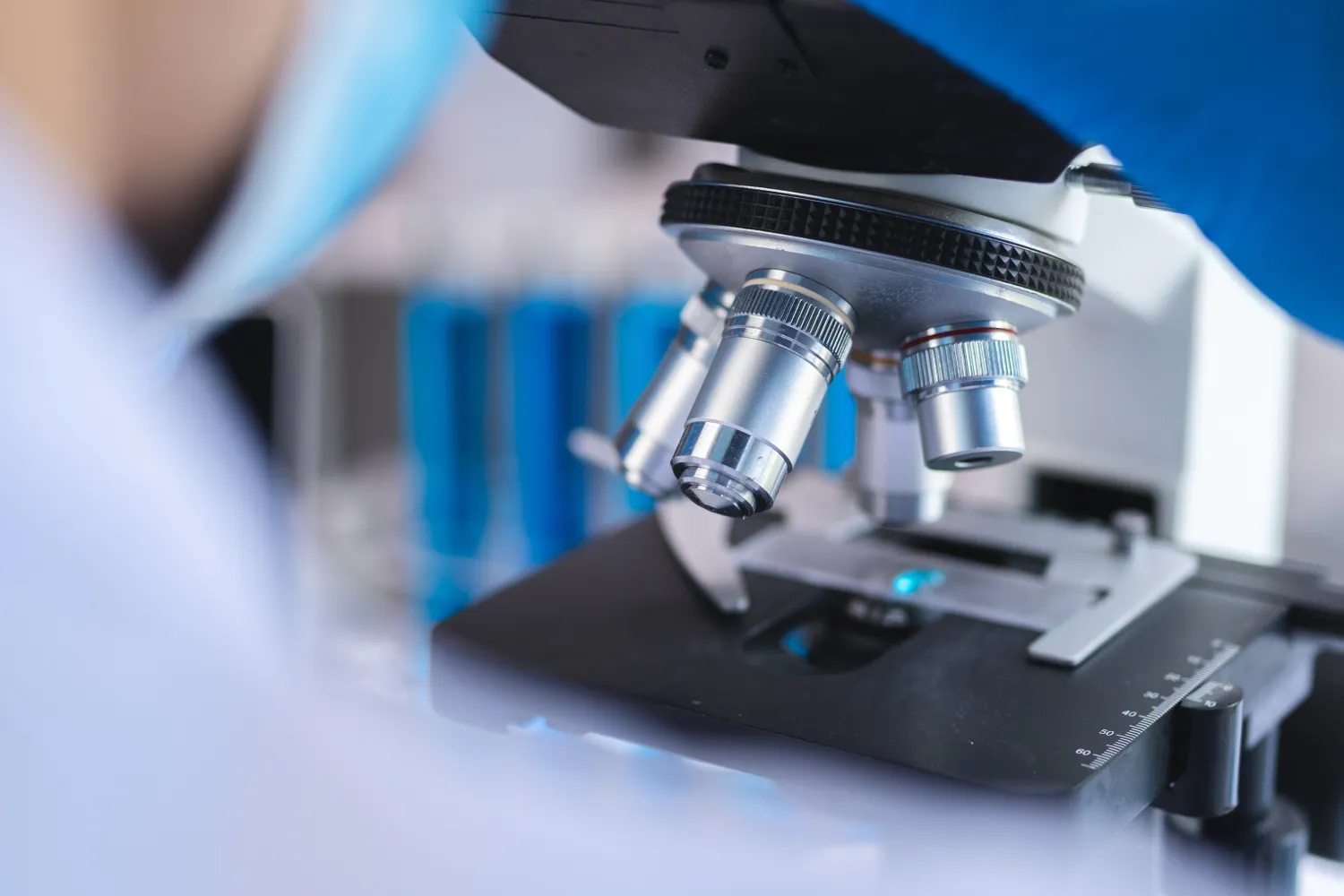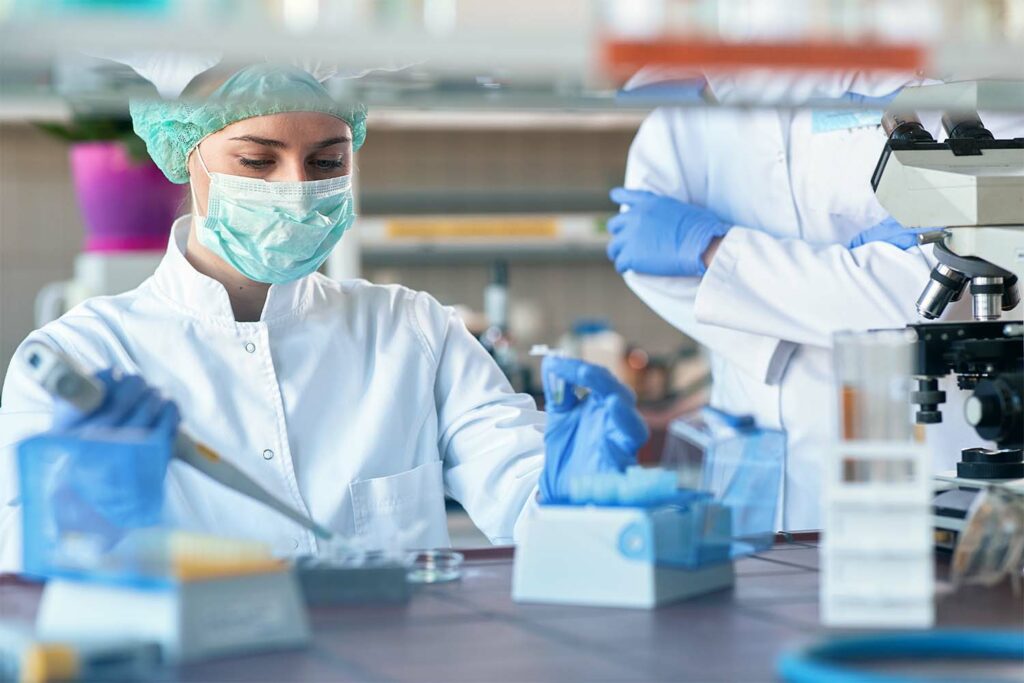
Chemical testing is an all-important practice in any reputable chemical or product supplier in the scientific and medical communities. Proper quality control to meet standards and regulations is key but choosing the right chemical testing laboratory is not always obvious.
Ultimately, the decision should come down to the appropriateness of the test, the cost to run the test, and the competency of the laboratory performing the test.
Why Is Chemical Testing Important?
Chemical testing is very broad in scope with a multitude of applications in the scientific, medical, industrial, and manufacturing fields. Not only is testing ensuring appropriate quality control, but it commonly confirms regulatory compliance.
Laboratory knowledge and expertise are vital to success in chemical testing, but chemical testing is rarely, if ever, done for the sake of testing. For example, testing in manufacturing not only confirms a chemically desirable product, but also assures the manufacturer the products will be free from harmful chemicals such as cadmium and mercury.
Testing is also warranted in biomedical research. Certifying chemical purity can make a world of difference when testing for the presence of molecules that are made of a few atoms or less. Impure chemicals can alter test results, lead to inaccurate scientific or medical conclusions, and lead to physical and financial harm.
What Types of Chemical Testing Are There?
As previously stated, there are numerous ways to perform chemical testing. Knowing the type of analysis that is most appropriate can help narrow down the decision of choosing the proper chemical laboratory.
Broadly, chemical testing can be broken down into five categories:
Composition Analysis
As its name suggests, composition analysis aims to discover what kind and how much of a particular chemical is present in a sample. Another name for composition analysis is elemental analysis, and this type of testing intends to be as descriptive as possible of the total overall nature of the substance being tested.
Trace Contamination Detection
Trace contamination detection applies when testing a product of manufacturing and is commonly performed on chemicals, cosmetics, food, pharmaceuticals, and petroleum products, just to name a few. Contamination is not always in the form of an unwanted chemical.
Trace contamination can be the precipitation or formation of particles, cloudiness, or residues. Sometimes, a specific contaminant is tested for that would indicate a manufacturing process was done incorrectly.
Metals Testing
Metal testing is specific to manufacturing processes that include the formation of alloys. Alloys, or the combination of different metals to achieve a specific product result, can vary in purity and be subject to non-desirable metal contamination.
In order to test metals, alloys must be broken down to determine their individual chemical properties. This process is immensely important in the world of aerospace and automobile manufacturing, where metal purity makes all the difference in performance and safety.
Material Testing
Material testing is performed on a wide variety of materials that may need to meet certain regulatory requirements depending on the type of material being tested. Common materials subjected to testing include plastics, polymers, ceramics, and paper.
Regulatory Testing
When chemical impurity can radically affect the health or safety of the public, regulatory testing is frequently utilized. Standards make sure chemicals are compliant with acceptable safety limits, especially ones that are used in the food and pharmaceutical manufacturing industries.
What Kinds of Laboratory Classifications Are There?
Reasonably, there is a large variety of laboratory classifications depending on the size of the lab and the kind of testing is performed. Finding the right laboratory may depend on the volume of tests a lab performs, which can affect test turnaround times.
Additionally, some laboratories specialize in specific kinds of tests, which will certainly be useful information in choosing the right kind of laboratory.
A small volume laboratory performs less than 2,000 tests annually. Any laboratory that performs more than 2,000 annual tests but less than 100,000 tests annually is considered medium volume, while anything over 100,000 annual tests is considered large volume.
Laboratories can run an assortment of different tests depending on equipment and trained personnel, especially in large-volume laboratories. However, many specialties do exist, including microbiology, serology, chemistry, hematology, immunohematology, pathology, radio bioassay, histocompatibility, and cytogenetics.
Investigating any specialty lab testing performed at a given site can be worthwhile to make sure the lab is qualified to perform the desired test.
What Kinds of Standards Do Chemical Testing Laboratories Need To Meet?
ISO
The International Organization for Standardization (ISO) has published thousands of standards intended to ensure quality in facilitating international trade. While not typically required by law, being ISO-certified offers numerous advantages to both the manufacturing business as well as the customer. Certification is handled by a third party and is renewed annually.
CLIA
The Clinical Laboratory Improvement Amendments (CLIA) of 1988 is a law that requires any facility performing examinations of human specimens (e.g., tissue, blood, urine, etc.) for diagnosis, prevention, or treatment purposes to be certified by the Secretary of the Department of Health and Human Services.
The CLIA Program regulates the testing of human specimens to make sure they provide accurate, reliable, and timely results. Additionally, CLIA certification is required for facilities that test clinical specimens for the purpose of diagnosis, treatment, or prevention of disease.
How Can I Confirm the Competency of a Chemical Laboratory?
It can be hard to determine chemical laboratory competency with the sheer number of available options, both locally and online. Fortunately, the Centers for Disease Control (CDC) Division of Laboratory Systems (DLS) has created competency guidelines for laboratory professionals, a comprehensive set of guidelines for a variety of laboratory settings.
Included in the chemistry domain of the competency guideline address the knowledge, skills, and abilities needed for the qualitative and quantitative analysis of chemicals, including some of the following sub-competencies:
- Chemical properties
- Chemical concepts
- Laboratory statistics
- Equations and calculations
- Measurements
- Chemical hazards
- Safe work practices
- Personal protective equipment (PPE)
- Engineering controls
- Waste management
In addition to the competency guidelines, the CDC, in partnership with the Centers for Medicare and Medicaid (CMS) and Food and Drug Administration (FDA), supports the adoption of the CLIA program to ensure chemical laboratory quality.
Competent chemical laboratories will provide analysis, research, and technical assistance by developing technical standards and laboratory practices. The CLIA Program also heavily encourages laboratory quality improvement studies to be implemented regularly.
Educational and professional information resources are consistently made available through the CLIA Program. More information can be found through the Clinical Laboratory Improvement Advisory Committee (CLIAC).
Summary
There are several considerations to make when choosing a chemical testing laboratory. Laboratory size, specialties, and competencies dictate the quality of testing they can perform. Additionally, deciding the type of tests that need to be performed and the appropriateness of the laboratory to test it can help make the decision.
Ultimately, finding a reputable laboratory that adheres to ISO and CLIA standards is the best choice. Reputable companies such as iProcess Global Research Incorporated are launching in-house CLIA-certified research laboratories that can fulfill many of your desired testing requests.
Obtaining a chemical testing quote is easy and free, as well as any additional research-related information. Besides testing, iProcess has one of the most established networks of biospecimen procurement and can certainly help with even the most complex protocol requirements.
Sources:
Desirable Standards For Laboratory Tests If They Are To Fulfill Medical Needs | Clinical Chemistry
Evaluating Analytical Quality In Clinical Biochemistry Laboratory Using Six Sigma | Biochemia Medica
International Organization For Standardization (Iso) 15189 |. Annals Of Laboratory Medicine
